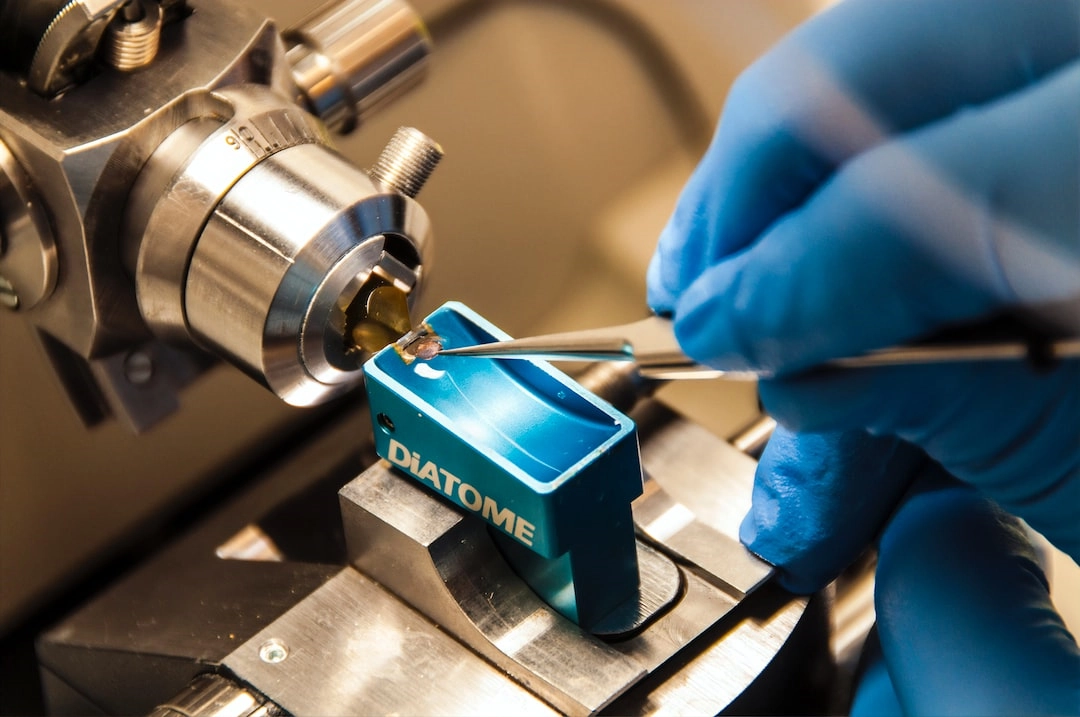What is Eco-Friendly Methods in Forensic Science?
Eco-friendly methods in forensic science refer to the application of sustainable and environmentally conscious practices in the field of crime-solving and evidence analysis. These methods aim to minimize the negative impact on the environment while still ensuring the highest standards of accuracy and reliability in forensic investigations.
Real-World Problems Associated with Eco-Friendly Methods in Forensic Science
Limited Availability and Standardization
One of the key challenges with eco-friendly methods in forensic science is the limited availability and standardization of sustainable technologies and techniques. Compared to traditional forensic methods, eco-friendly alternatives are often less established and can be harder to access. This lack of standardization poses challenges in terms of reliability and consistency across different laboratories and jurisdictions.
Cost Implications
Implementing eco-friendly methods in forensic science may come with additional costs. Sustainable technologies and practices often require specialized equipment or training, which can be expensive to acquire and maintain. This financial burden can pose challenges for forensic laboratories, especially those with limited budgets or resources.
Integration with Existing Workflows
Adopting eco-friendly methods in forensic science may require a significant overhaul of existing workflows and practices. This can be challenging, as forensic labs often rely on well-established procedures and methodologies. Implementing sustainable approaches may require training staff, updating protocols, and ensuring compatibility with existing systems, which can be time-consuming and disruptive.
Ethical Considerations
Eco-friendly methods in forensic science also raise ethical considerations. For example, the use of certain sustainable alternatives, such as non-invasive evidence collection techniques, may have implications for privacy and individual rights. Balancing the ethical responsibilities of forensic science with the need for environmentally friendly practices is an ongoing challenge that requires careful consideration.
Validation and Acceptance
New eco-friendly methods in forensic science often require validation and acceptance by the scientific community and legal system. It is important to demonstrate the reliability, accuracy, and reproducibility of these methods through rigorous testing and peer review. Achieving widespread acceptance may take time and require collaboration between researchers, forensic experts, and legal professionals.
Environmental Impact of Traditional Methods
Highlighting the environmental impact of traditional forensic methods can also be a real-world problem. Many conventional techniques utilize chemicals and resources that have negative consequences for the environment, such as hazardous waste generation and energy consumption. Raising awareness of these environmental concerns can help drive the adoption of eco-friendly practices in the field.

Solutions for Eco-Friendly Methods in Forensic Science
Advancing Research and Development
Continuing research and development efforts are crucial to expand the availability and standardization of eco-friendly methods. By investing in sustainable technologies and techniques, forensic science can benefit from improved options that minimize environmental impact without compromising accuracy or reliability.
Funding and Support
Providing sufficient funding and support to forensic laboratories is essential in overcoming the cost implications of implementing eco-friendly methods. Governments, organizations, and stakeholders should allocate resources to assist forensic institutions in acquiring necessary equipment, training staff, and integrating sustainable approaches into their workflows.
Collaboration and Knowledge Sharing
Encouraging collaboration and knowledge sharing between forensic scientists, researchers, and legal professionals is important for sharing best practices in eco-friendly forensic science. This facilitates the exchange of ideas, promotes validation and acceptance of sustainable methods, and helps overcome integration challenges.
Ethics Guidelines and Standards
Developing ethics guidelines and standards specific to eco-friendly methods in forensic science can help address ethical considerations. These guidelines should balance the need for environmentally conscious practices with protecting individual rights and privacy, ensuring that sustainable approaches adhere to ethical principles.
Education and Training
Providing education and training programs to forensic professionals is vital in promoting the adoption of eco-friendly methods. By equipping them with the necessary skills and knowledge, forensic labs can effectively implement sustainable practices, update protocols, and integrate new technologies to support a greener approach.
Advocacy and Awareness
Advocacy and raising awareness about the environmental impact of traditional forensic methods is crucial. By highlighting the need for eco-friendly alternatives and the potential benefits, forensic scientists and environmental activists can encourage the adoption of sustainable practices and drive change at a broader scale.













